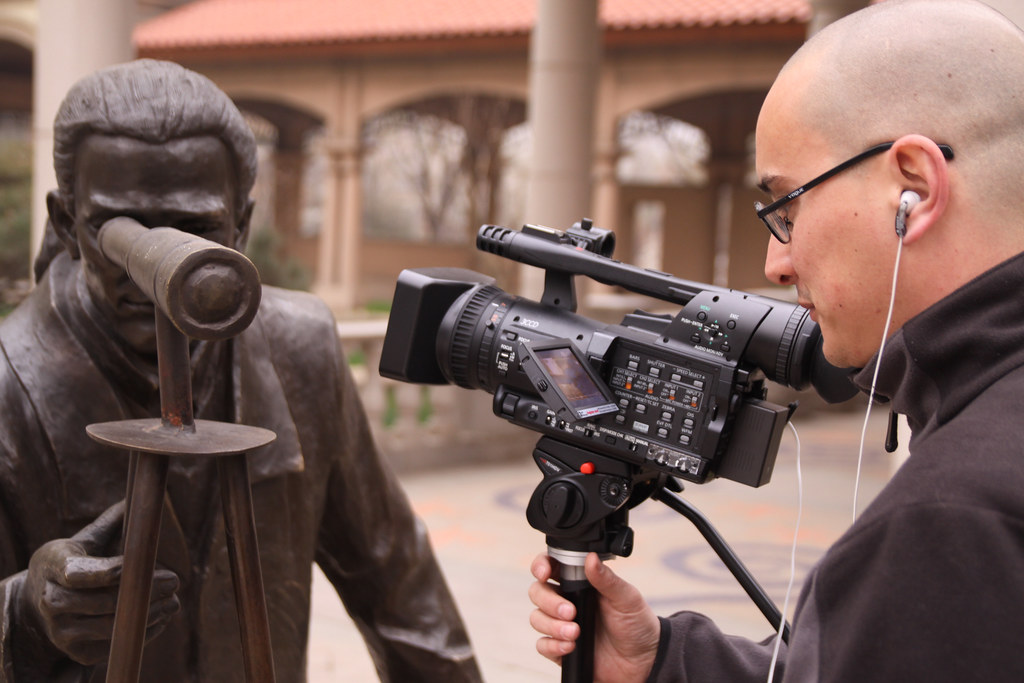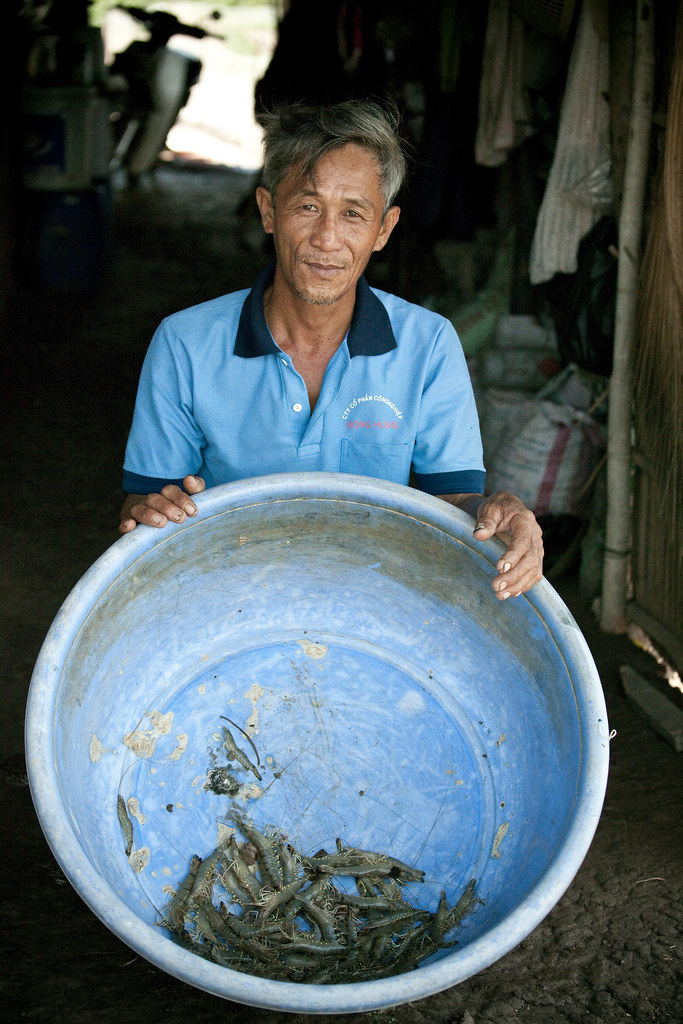Reporting in unfamiliar terrain is exciting. It’s the reason many of us get into the business. But it’s also full of pitfalls for green reporters.
During my time at The Wall Street Journal, I had the good fortune of being sent to many countries and having the guidance of bureau chiefs in those countries. Here are a few words of advice they passed on to me.
Wide-eyed reporting
One of the first things I had to learn when reporting abroad was that were are a lot of peculiarities in a city or village that looked like a story because I was new to the country. When you take your first stroll through a foreign place as a wide-eyed, curious kid, there seems to be a story around every corner. But, often, there isn’t. As any editor will tell you, a story needs to depict some change — a conflict. It needs to have a newshook. The same rules apply if you’re in a foreign country.
The goal is to avoid cliches and stereotypes. Abroad, you’re more prone to fall for them. It’s important to do sufficient research to build some background knowledge, to soak up previous reporting from local and international media about your proposed story, but more importantly, to make sure you constantly question some of your own biases.
One way to avoid that is to collaborate, not just hire a stringer or translator. (If you must, hire an interpreter, if possible, rather than a translator. There’s a difference, as one of my National Public Radio colleagues recently explained to me. A translator will most likely summarize what is being said, giving you little room to ask follow-up questions. An interpreter will be able to translate what is being said ‘live’, meaning as it’s being said). Try to work with a journalist who is based wherever you’re going, especially if you can bring something to the table that might help him or her, such as technical skills or contacts at larger international organizations.
I was lucky enough to pair up with some excellent reporters, such as blogger and videographer extraordinaire Josh Chin (see below) who runs The Wall Street Journal’s China Realtime blog, who helped me navigate Beijing’s real estate market and contributed video stories to our multimedia project.

Your conscience as your editor
Reporting abroad for an American audience also requires that you and your editor be particularly careful about how you treat your sources.
The Bagehot’s Notebook columnist in the Economist makes a good point about a foreign reporter’s responsibility.
“One of the things you find out fast as a foreign correspondent, especially when reporting from the developing world, is that there is very little to stop from you making things up — except your own conscience. Out in a Chinese field, interviewing a peasant who has had his land stolen, or out in an Afghan refugee camp speaking to victims of Taliban brutality, it soon becomes obvious that if you embellish and improve quotes, nobody is going to find out. Chinese peasants and Afghan refugees are not going to read your work, and are not going to shop you to your editors.”
It might sound obvious, but here’s the gist: Don’t make things up. Don’t embellish or push a story if you discover it falls apart once you’re reporting on the ground. Don’t take short cuts because it’s harder to report in a foreign country.

Shrimp farmer in the Mekong Delta
What’s just as important is that you make sure your sources — especially those in vulnerable, impoverished and often undereducated communities — completely understand the implications of speaking to you and being quoted in an article or shown in a photograph or video that will be distributed in the West. There are varying degrees to which people understand what they are opening themselves up to, and even if people light-heartedly agree to an interview, you want to do everything you can to make sure they understand your intentions, purposes and the possible consequences of their collaboration with you. There are governments that are harsher on their citizens for speaking to the media. It’s your responsibility to keep that in mind when your sources don’t.
The watchful eyes of international audiences
Nowadays, you’re writing for a global audience. Yes, that’s not news. But what might be a newer phenomenon is this: Your publication could be targeting new audiences abroad. That’s what The Wall Street Journal was doing while I was in Asia. The newspaper had a Chinese and a Japanese website, a Korean and a Hindi blog, and localized content for Hong Kong, Southeast Asia and India in English.
Iris Chyi, a researcher and assistant professor at the University of Texas at Austin, has been researching newspapers’ localized audiences. She sees localization of content as a key ingredient for the success of news organizations in the future.
“On the one hand, most newspapers should own their local niche (being hyperlocal),” she said in an email exchange. “But certain publications may expand beyond the geographic boundaries to seek online audiences at a higher geographic level.”
What that means is that you have an entirely new audience reading and viewing your stories. That also means you have a host of new fact checkers.
On some level, it also means that you will be kept on your toes — you’ll be serving a much wider audience than your community at home. More importantly, there’s added pressure to accurately portray the community abroad. They are watching now, too. And that is a good thing.

